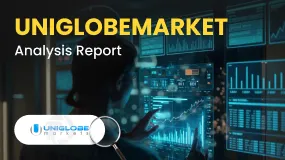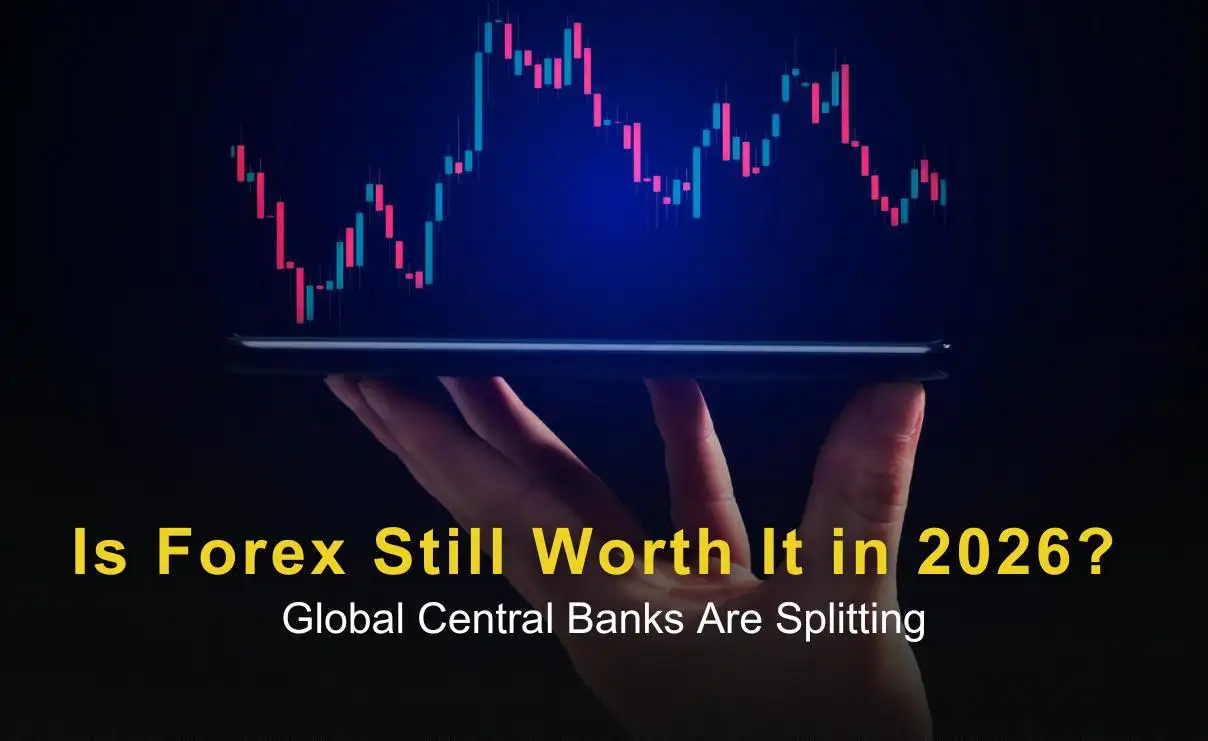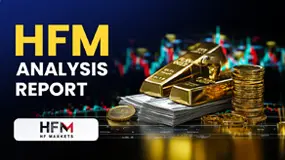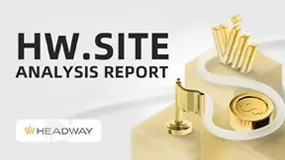Abstract:By using WikiFX, you may avoid forex frauds the easiest manner possible. A forex broker search software called WikiFX enables users to rate and review the majority of brokers from all around the world. Additionally, traders have access to the most recent frauds and currency news. Both the appstore and playstore offer the WikiFX application.
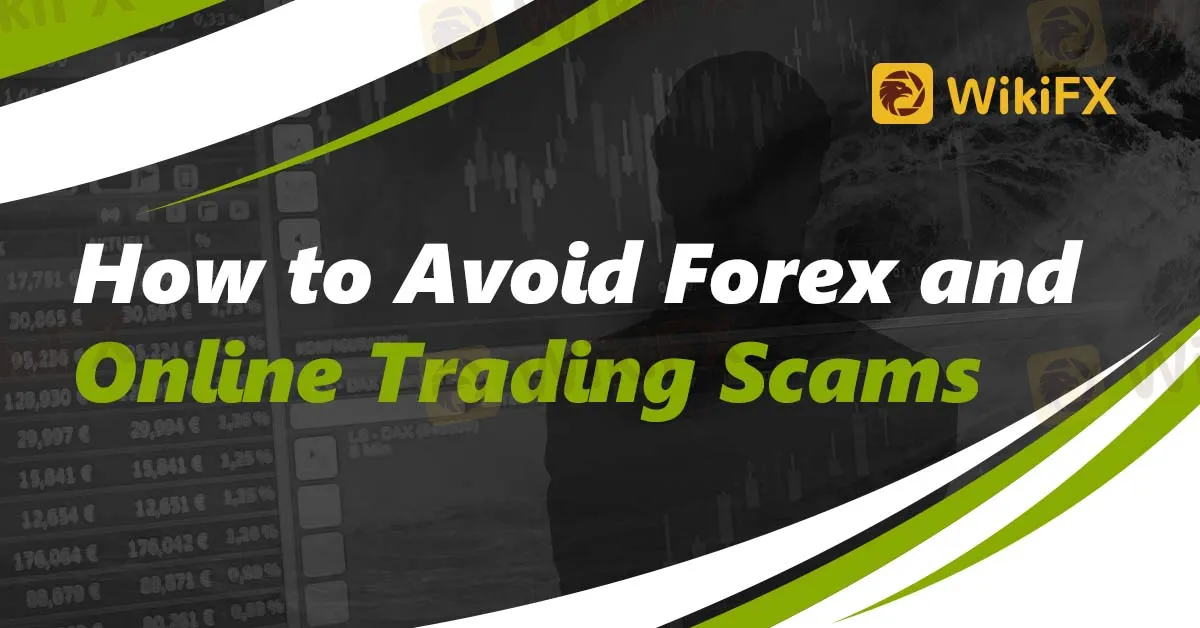
By using WikiFX, you may avoid forex frauds the easiest manner possible. A forex broker search software called WikiFX enables users to rate and review the majority of brokers from all around the world. Additionally, traders have access to the most recent frauds and currency news. Both the appstore and playstore offer the WikiFX application.
First, make sure the broker has a license in South Africa.
The Financial Sector Conduct Authority (FSCA) requires licenses from all brokers and Financial Service Providers (FSPs) operating in South Africa (FSCA). It makes no difference if you are working with a stock broker or a forex broker. All of them are brokers.
Their clientele is a key area where they diverge.
The majority of a stockbroker's clientele are investors and traders who engage in stock market trading, while the majority of a forex broker's clientele are traders who engage in CFD trading.
There is a significant danger that if you deposit your hard-earned money with an unregistered broker, you will lose it all and be unable to get your money back. The simplest approach to avoid forex scam brokers who prey on South Africans is to confirm that they are licensed by the Financial Services and Compensation Authority (FSCA).
All investors and traders should visit the FSCA's website to check for a list of licensed brokers from their public search for regulated FSPs and check the products for which the broker is authorized, the broker's FSP No., and Safe Forex Brokers South Africa (a broker comparison portal in South Africa).
Investors can also compare the broker's phone numbers, email address, and website. If unsure, get in touch with the FSCA authority to confirm that the broker you are dealing with is in fact licensed. This is essential to prevent working with unregistered brokers and phony brokers who might have copied legitimate licensed brokers.
Dealing with an unregistered broker or clone implies you won't receive compensation if you lose money. Additionally, it's likely that you won't be able to get your money back from the fraudulent broker you used.
Tip #2: Check out online reviews
If your broker offers an online trading platform, you should look for the broker's app in the app store (iOS App store if you use an Apple device, Google Play store if you use an Android phone), then read customer reviews of the broker.
If the Broker is dishonest, their victims will undoubtedly post negative evaluations. The Broker is unreliable if the majority of the evaluations are unfavorable.
Third advice: Refrain from pursuing bonuses.
A lot of dishonest brokers may make enticing guarantees like a guarantee of 100% returns or 100% bonus, promises of almost zero fees, or even risk-free trading.
These are deceptive tactics used to keep you from doing your research.
Brokers who minimize risk should be avoided. While trading, there is always some element of risk, and the risk is particularly substantial when using derivatives and related instruments.
For this reason, every broker in South Africa is required to post a risk statement on his website. This disclosure alerts traders to potential hazards, such as the possibility of losing money.
Rule #4: Don't Believe Celebrity Endorsements
Recruiting a well-known celebrity or a Social Media influencer as a Brand Ambassador is a current strategy utilized by investment scammers. Most of the time, this famous person is unaware that the broker lacks a license. They continue to promote the hoax to their followers on Twitter, Facebook, Instagram, and other social media platforms.
These star-struck followers don't bother to do their homework to find out if the Broker even has a permit to work there. They trust on their idol's endorsement of the goods, which leads to them losing money to scam artists.
Don't forget to conduct sufficient due diligence on the risks associated just because you see a financial product by your favorite celebrity.
Tip #5: Watch out for social engineering
Building trust and demonstrating empathy are two ways social engineers try to get information from you. Sometimes an online con artist will enter your network and become friends with you. This may occur in social clubs or even religious meetings.
The con artist joins your group, gains your trust, and then starts to pitch his goods to you and other participants.
This kind of storyline aims to influence your psyche as well. You run the danger of being called a spoilsport if other people in your network agree with the notion but you don't.
Sixth advice: Watch out for time-limited offers on investments.
When marketing their goods online, the majority of con artists create the illusion that there are only a few available.
For instance, they might state that the first fifty buyers will receive a discount or increased returns. They then exhort you to utilize the deal before it expires.
All of these strategies aim to persuade you to fall for the con without giving it much thought. Being safe is preferable to being sorry. Allow the offer to pass if you are undecided about it.
There are numerous products available on the capital market to meet every investor's risk tolerance. Depending on your risk tolerance, you can always discover a safe product to invest in when you're ready.
(7) Use caution when using social media.
During the Covid-19 pandemic, many people used social media and online communication tools to stay in touch with friends and relatives. This was also a gathering place for online scammers to wait for victims.
In 94% of reports that named a specific platform, the Federal Trade Commission in the US found that victims of online scams specified Facebook or Instagram.
Typically, con artists would set up groups on Facebook and Whatsapp, recruit members, and then lure them in with their fake goods. The con artist contacts anyone who accepts them right away to solicit money for the fund. The majority of senior people are unaware of the risks associated with social media, hence they frequently fall into this trap.
Scammers operating online have even copied the social media sites of well-known licensed Brokers. These social media pages can deceive investors because they have official-looking logos and mission statements. Please avoid participating if you are unsure of a social media account.
The FSCA, South Africa's capital market regulator, has made a toll-free number available for the general public to call and report any frauds.
Tip #8: Determine whether it's simple for you to withdraw money.
Before making an investment, you should also inquire with your broker about how simple it is to withdraw money.
The Scam Broker will typically claim that you can withdraw your money at any time, but when the time comes to actually do so, this always proves to be untrue. Once they have your money, they start to get obstinate.
In some situations, the con artist bought cryptocurrency for himself from various exchanges using the victim's money. This complicates the process of finding and recovering the fund.
If you discover that taking money out of your brokerage account is usually challenging, this is a warning sign and you should be on the lookout. That broker might not be reliable.
Dealing with Brokers licensed under offshore rules is dangerous. Brokers who have FSCA licenses are more reliable.
Tip Nine: Remain Alert
It's likely that your information is still out there if you were a victim of an internet fraud. Individually identifiable information (PII) is typically sold by scammers to other scammers. You may want to block the card and reissue it if your debit cards are connected to your brokerage account.
Keep an eye out for potential follow-up attacks.
Tip 10: Avoid trading or investing out of fear of missing out.
A gang of social media con artists can decide to work together and disseminate rumors about their offering. They have no problem spending money on this propaganda. This is how illicit multi-level marketing (MLM) schemes and Ponzi schemes seduce their victims.
False information regarding assured profits on investments is constantly circulated, and eventually plenty of people join the bandwagon out of a sense of not wanting to be left behind (FOMO).
Some investors even are aware that the investment is a fraud, but they still want to turn a profit and get out before the con artists decide to close up shop and vanish.





